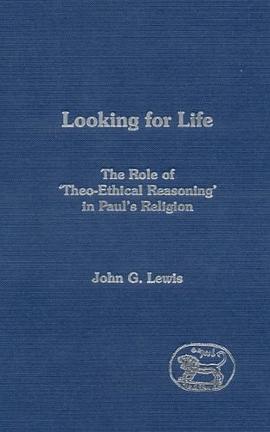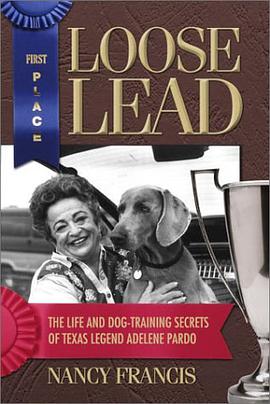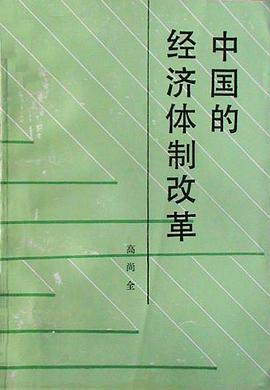

具体描述
Through exegetical studies of 1 Corinthians and Galatians, John Lewis shows how Paul synthesises theology and ethics - which interpreters frequently separate - as integrated aspects of Christian thinking and living. This fusion becomes evident in Paul's complex process of theological, moral reasoning that lies beneath the surface of his letters for which we have coined the phrase 'theo-ethical reasoning'. The book also examines how Paul encourages his churches to apply this theo-ethical reasoning in the community practice of spiritual discernment - a dialogical, comparative process of reasoned reflection on behaviour and experience. Through this practice of looking for life, community members are led by the Spirit as they reason together, attempting to associate the manifestations of new life with conduct that faithfully portrays Christ's self-giving pattern. This correlation of conduct with experience grounds Paul's own proclamation of Jesus Christ in word and deed. It also becomes the foundation for believers' faith and hope as they come to know Christ and experience the power of God. Thus, the book concludes that the practice of spiritual discernment by means of theo-ethical reasoning lies at the centre of Paul's religion.
作者简介
目录信息
读后感
评分
评分
评分
评分
用户评价
相关图书
本站所有内容均为互联网搜索引擎提供的公开搜索信息,本站不存储任何数据与内容,任何内容与数据均与本站无关,如有需要请联系相关搜索引擎包括但不限于百度,google,bing,sogou 等
© 2025 book.quotespace.org All Rights Reserved. 小美书屋 版权所有




















